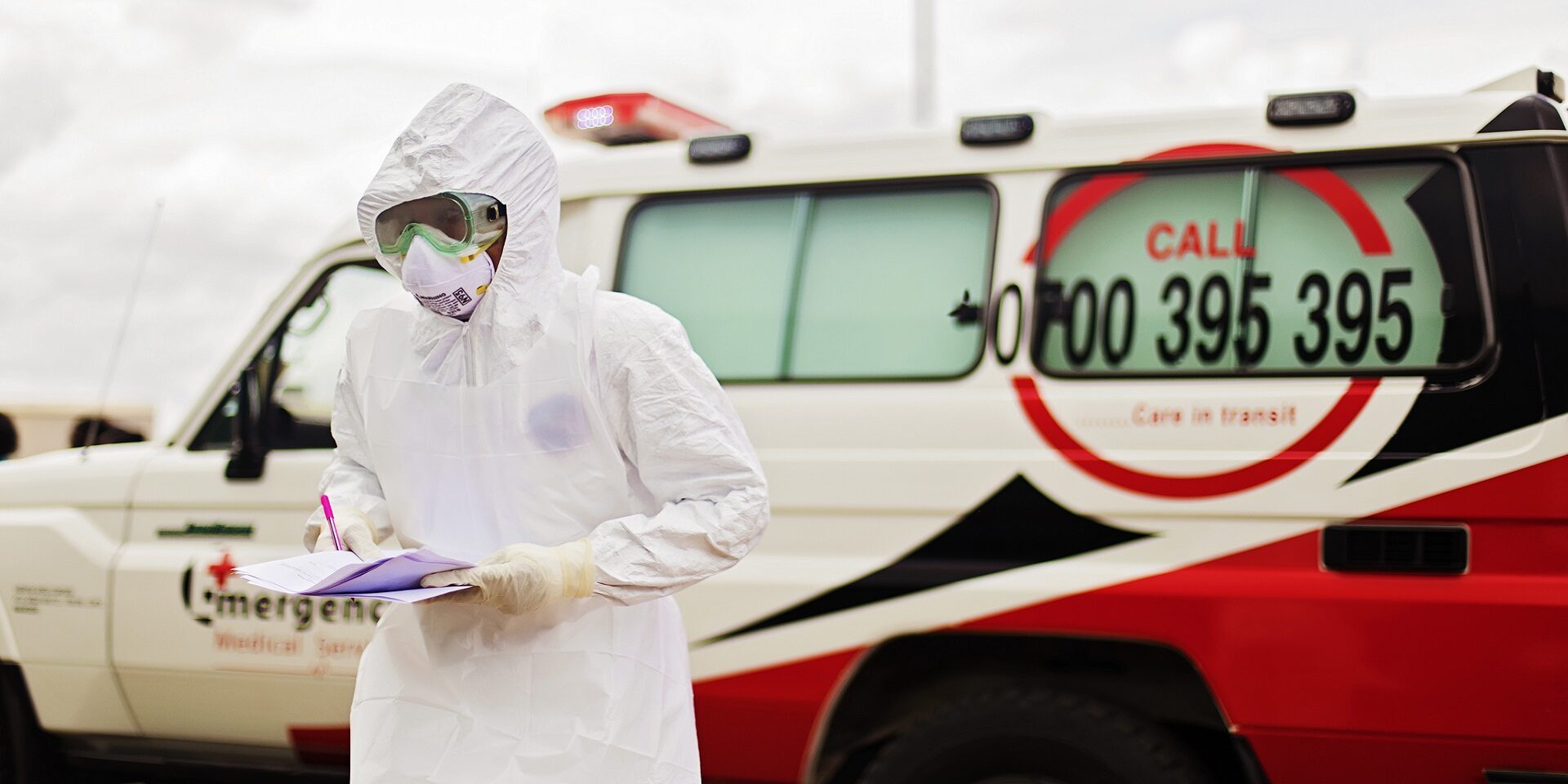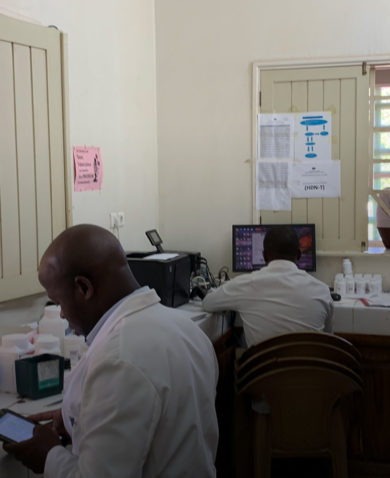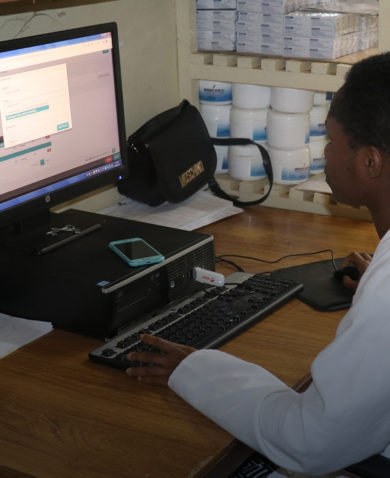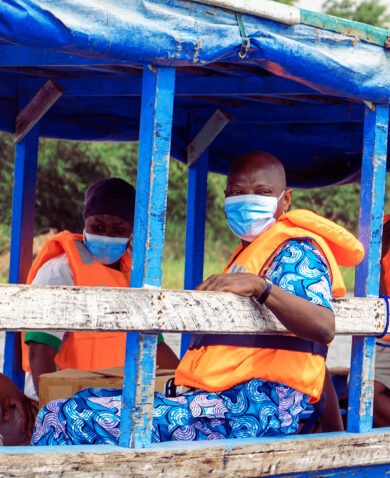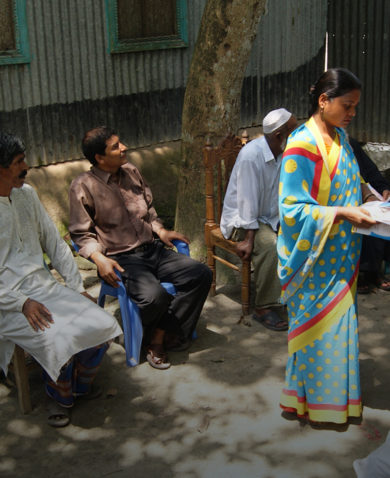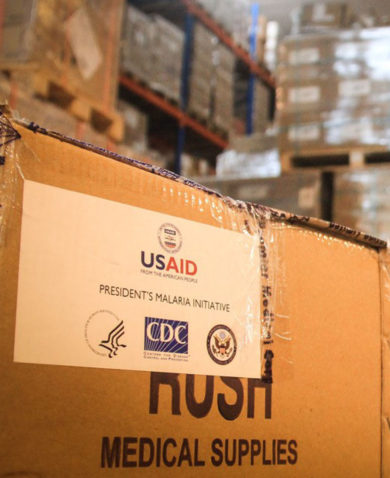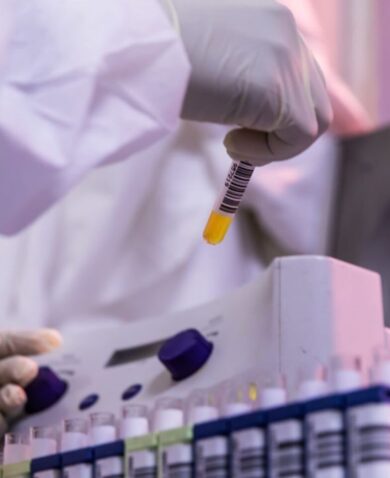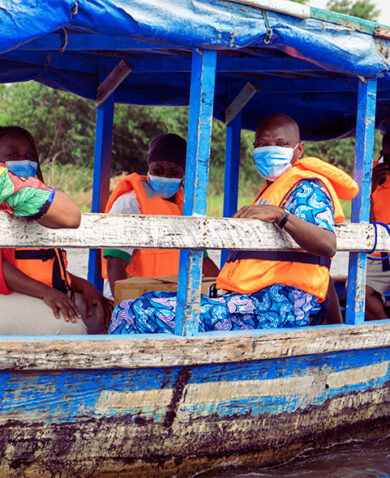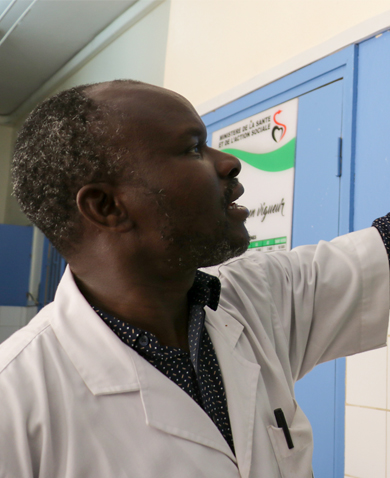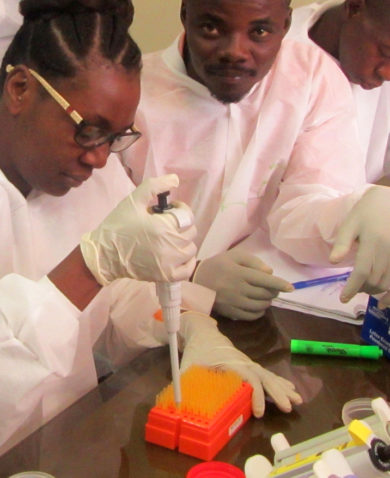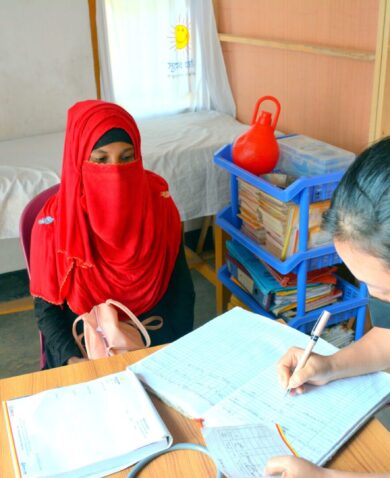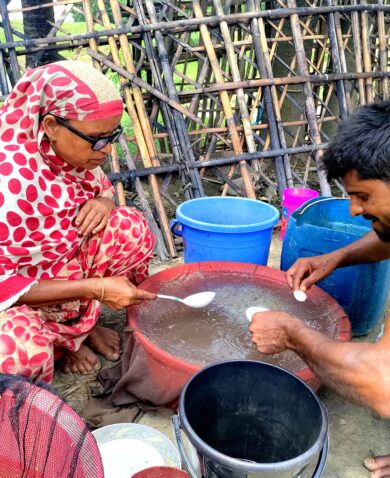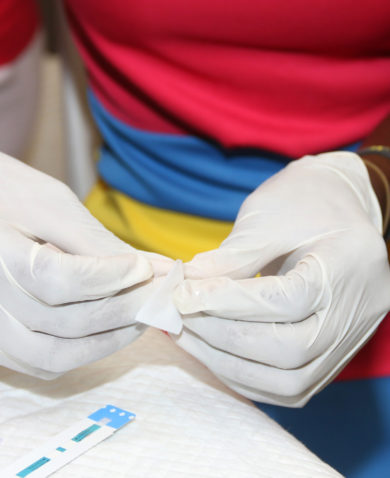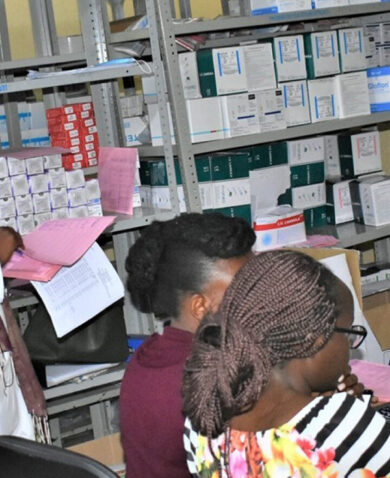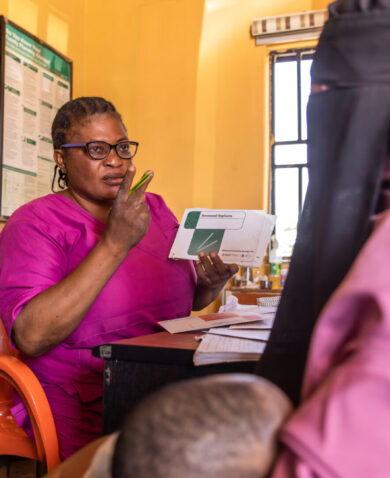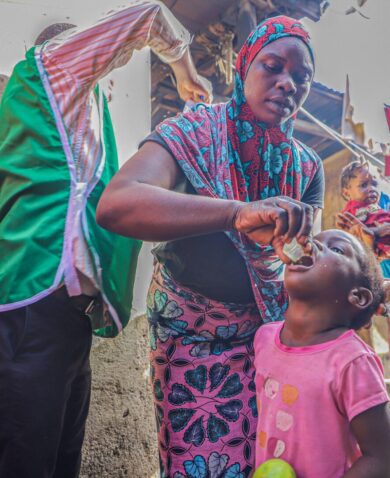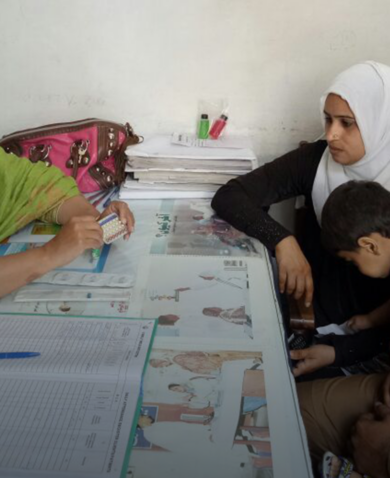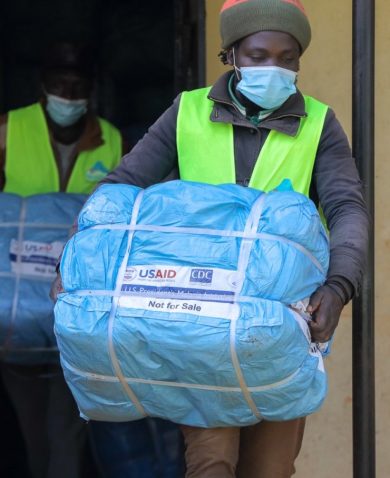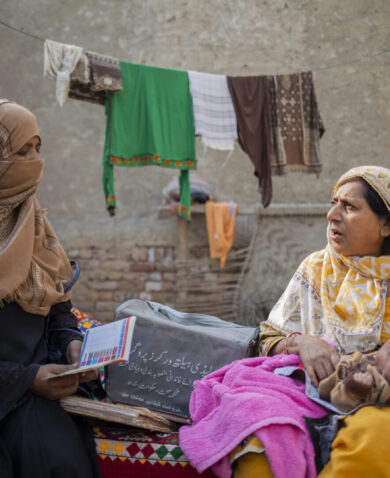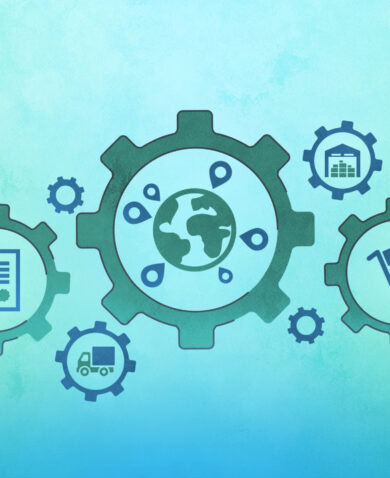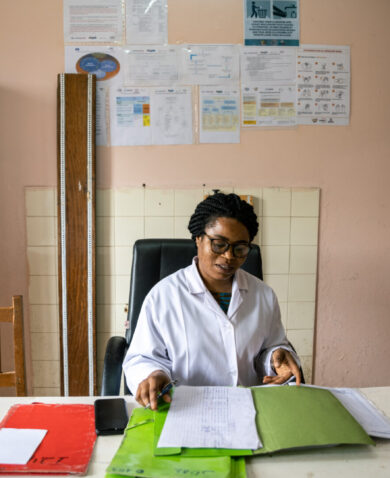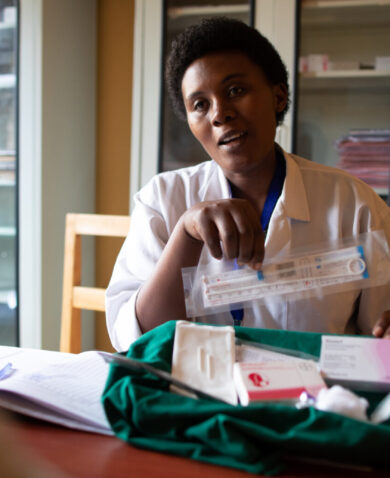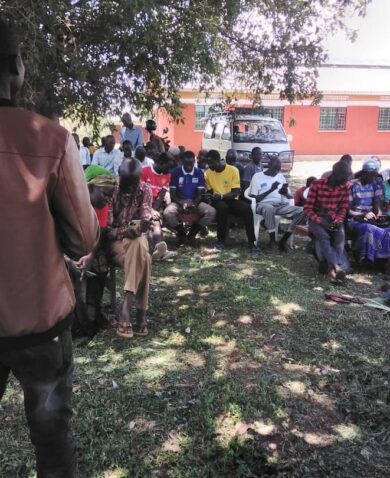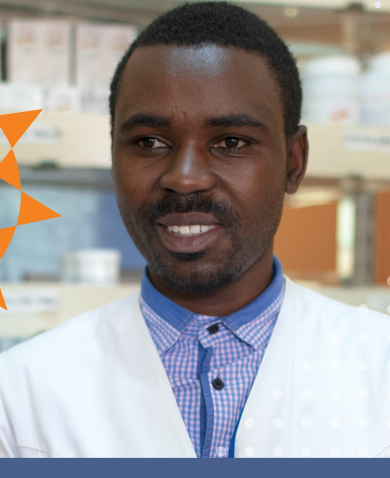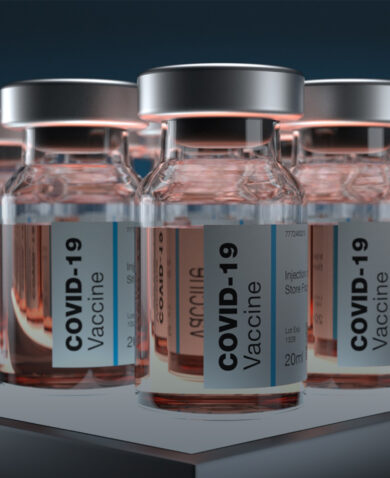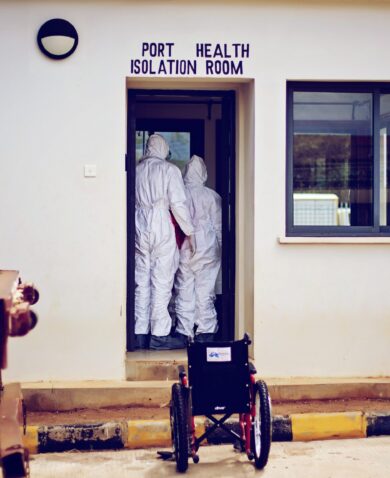2. Prepare Global and In-Country Supply Chains
This pandemic further underscores the importance of supply chain systems preparedness ahead of emergencies, which can ensure that health workers are provided with the proper Personal Protective Equipment (PPE) to do their jobs and that pharmaceutical supply chains are maintained intact for other diseases. For example, while COVID-19 is stressing in-country supply chains, patients in low- and middle-income countries are still in need of a consistent supply of medicines and equipment to prevent and treat other diseases, such as malaria.
Countries and health practitioners can use tools such as the Emergency Supply Chain Framework, which translates lessons learned from past experiences into action-oriented user guides, management tools, templates, and job aids suitable for in-country emergency response. When the COVID-19 vaccine becomes available, countries will need to implement innovative approaches to supply chain management to prepare for mass vaccination needs. This could include utilizing a Transportation Management System that provides visibility into shipment tracking or utilizing Unmanned Aerial Vehicles in places where infrastructure or social distancing constraints limit other forms of traditional distribution.
3. Embrace the Private Sector
In response to COVID-19, the WHO advises governments to take a whole-of-government and whole-of-society approach, which includes the private sector. The full range of private sector actors should be mobilized – from large corporate hospitals and logistics companies, to manufacturers – to offer extra capacity for response efforts. Previously, Maersk allocated logistical support for Ebola response operations by providing free ocean transportation of 329 shipping containers of food aid and medical supplies to Guinea, Liberia, and Sierra Leone, and Firestone implemented a robust risk communications and social mobilization campaign to boost community awareness of the virus.
In the short-term, the private sector’s innovations and agile response efforts should be supported to aid in COVID-19 response. For instance, the Tunisia Jobs, Opportunities, and Business Success (JOBS) Project is working with the Office of the Presidency and the Tunisian Ministry of Health to give a grant to IBS-Outsourcing to provide public health communication services and manage the national COVID-19 hotline number. The call center is essential to facilitating the national response to the COVID-19 pandemic, connecting various emergency actors, and minimizing the need for patients to enter hospitals and clinics if they suspect they are infected. With support from private sector supply chain partners, USAID and the Department of Defense were able to deliver ventilators to South Africa and El Salvador within a matter of days though the Global Health Supply Chain Program-Procurement and Supply Management project.
In the medium- and long-term, investment should be mobilized to benefit critical relief and response needs and ensure sustainability. This capital mobilization is already happening. Afro-Champions has joined forces with the Africa Centers for Disease Control and Prevention to create the Africa COVID-19 Response Fund to secure at least $150 million for immediate prevention needs and up to $400 million for the sustainable medical response to COVID-19.
The Way Forward
The current global situation mandates that we be proactive, resilient, and timely in our strategies and innovations before it is too late. We saw the implications of underinvestment during the 2014 Ebola outbreak and now we are seeing it on a larger scale with COVID-19. Although calls for more strategic funding for global health security are ongoing, this pandemic is proof that our well-being is only as protected as the weakest health system and fighting this battle is our collective responsibility.
*Banner image caption: Emergency drill training at the border of Tanzania and Kenya. Photo credit: Chemonics/Light in Captivity
Posts on the blog represent the views of the authors and do not necessarily represent the views of Chemonics.

